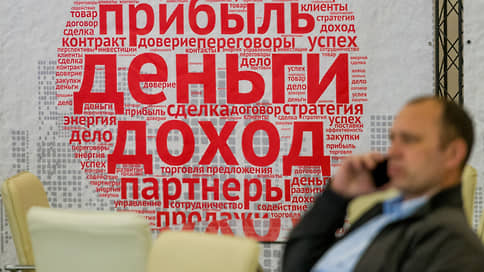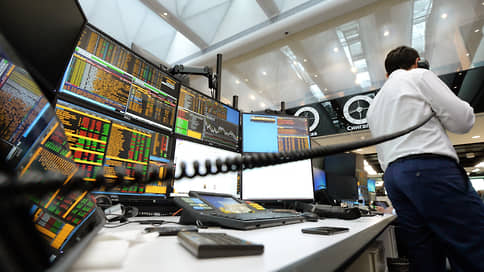The share of overdue debts at crowding venues increased to 15%

The share of overdue debt of borrowers to investors on investment platforms in the first quarter of 2025 for the first time exceeded 15%. The fraction of the “bad” debts is the growth of market participants associate with a high key rate and problems with business with borrowers. At the same time, the mechanism for protecting investors in this case is not provided for by the law. The sites, trying to maintain the loyalty of investors, tighten the requirements for borrowers, and can also provide assistance in recovering debts, including on a reimbursable basis.
The share of overdue debt of borrowers to investors on crowding venues in the first quarter of 2025 amounted to 15.4%. The Bank of Russia disclosed these data in the report on the activities of platform services published on May 12. According to the executive director of the Association of Operators of Investment Platforms, Kirill Kosminsky, « the indicator grew compared to previous years, when it did not exceed 10%. » According to the Central Bank, in the first quarter of 2024, the share of overdue debt was 9.9%.
Craudland -A way to attract private investors in business using special Internet sites. Currently, the Central Bank registry includes 100 investment platform operators. The volume of funds raised in Craudland for the first quarter of 2025 amounted to 11.4 billion rubles, exceeding the first quarter of 2024 by 30%. At the same time, the number of active individual investors during this period decreased by almost 40%, to 37 thousand people. The number of active investors-lords over the year increased by 17%, to 601.
Craudland is a high -risk financing tool. According to experts, the main reasons for increasing the share of overdue debt of borrowers are the deterioration of their financial indicators against the background of a high key rate, as well as an increased debt load of the segment of small and medium -sized businesses (SMB). At the same time, the SME segment in the first quarter of 2025 accounted for almost 95% of loans placed on investment platforms. According to Oleg Ablev, the head of the analytical department of the RIKO-TRAST investment company, the problem was also the lack of serious scoring of borrowers, which leads to unsecured lending.
PARKHOMKHOME, Parkhomenko, partner, partner of the Pen & Paper lawyer college, notes that any special mechanism for the protection of investors using investment platforms is not provided for by law defaults. According to the managing partner of Mani Frends, Yuri Kolesnikov, the sites can reduce the share of non -return with the right approach to the selection and tolerance of borrowers. One of these tools may be the use of collateral in the form of transport and real estate, he indicates. Kirill Kosminsky also notes that recently the platforms “tightened the requirements for scoring, as a result of which issuing as a whole is not growing, although the demand for financing is very significant.” Earlier, the Bank of Russia, as the protection of investors, also recommended that the venues disclose information on the profitability of loans and the share of overdue debt of borrowers (see Kommersant on April 11).
However, according to Mr. Abelev, the use of a pledge to repay the debt is not possible in all cases, since « the borrower is not always ready to provide security. » In other ways, the investor’s funds can be restructuring the debt or its sale to collectors with a large discount. “Not a single mentioned method is guaranteed 100% of compensation,” he notes.
At the same time, investment sites are interested in maintaining the loyalty of investors. Yuri Kolesnikov said that at the first stage, investors are trying to return the funds out of court. However, if the situation requires it, the crowd platform can go to court. “It can be noted that most of the bona fide platforms actively meet and provide assistance to investors in the return of funds through the court, acting as an intermediary,” said Gennady Fofanov’s investment platform. At the same time, according to Roman Parkhomenko, the investment platform “in theory can also provide assistance in collecting debts, both on reimbursable and without levying additional fees.” Including compile a claim for debt collection and prepare applications to it or even fully represent the interests of the investor in court.








